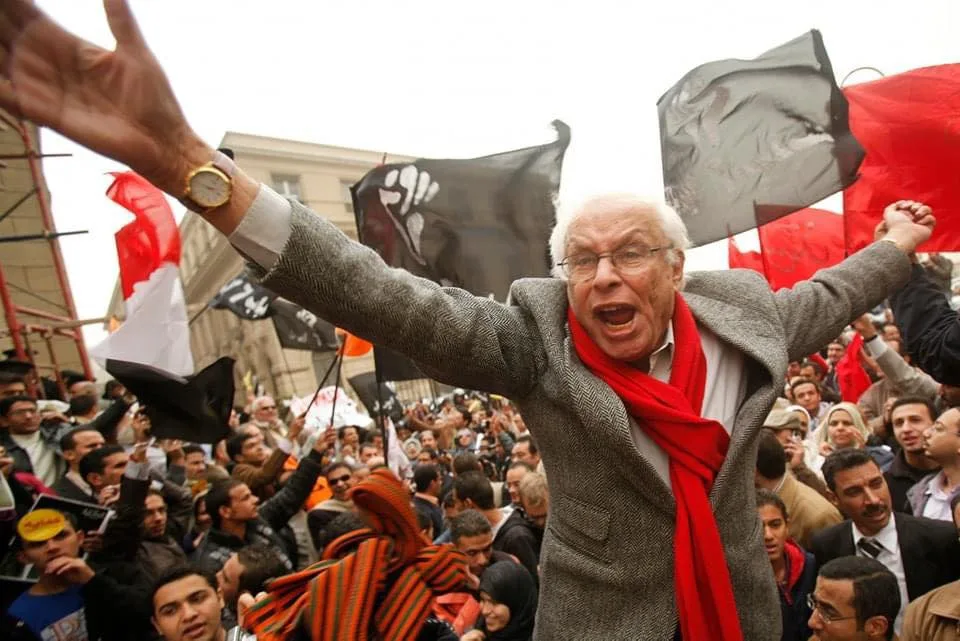Mto Songwe
JF-Expert Member
- Jul 17, 2023
- 6,028
- 12,344
Katika harakati za uhuru wa Palestine ukisoma zaidi taarifa mbalimbali utaona mchango mkubwa wa waislam wa Kipalestina katika kupambana dhidi ya manyang'au wakoloni wa kiyahudi.
Hata vikosi mbalimbali vinavyo ongoza mashambulizi dhidi ya wakoloni wa kiyahudi ni vikosi vya waislam wa Kipalestina zaidi.
Sasa binafsi nilikuwa nauliza Je, mchango wa wakristo wa Kipalestina katika harakati za mapambano ya uhuru wao toka mikononi mwa wakoloni wa kiyahudi ni upi mpaka sasa naomba kujuzwa?
Hata vikosi mbalimbali vinavyo ongoza mashambulizi dhidi ya wakoloni wa kiyahudi ni vikosi vya waislam wa Kipalestina zaidi.
Sasa binafsi nilikuwa nauliza Je, mchango wa wakristo wa Kipalestina katika harakati za mapambano ya uhuru wao toka mikononi mwa wakoloni wa kiyahudi ni upi mpaka sasa naomba kujuzwa?

